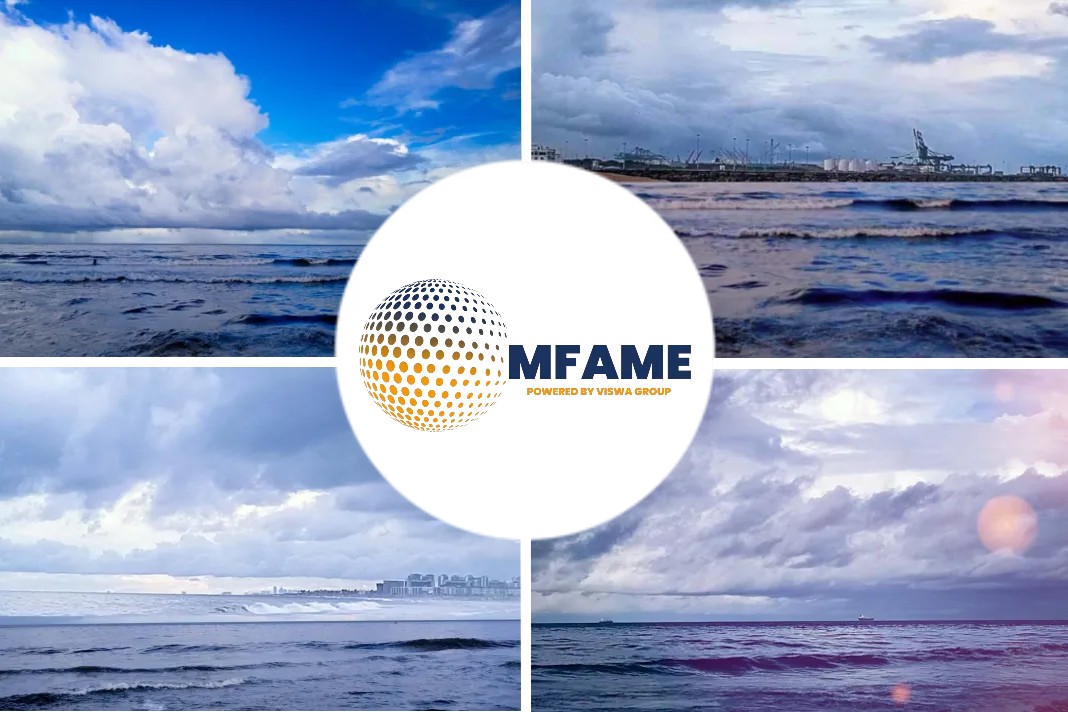- Artificial intelligence (AI) is enabling shipowners, managers and operators to improve the performance of their assets to reduce emissions.
- AI-powered digital technologies hold the key to achieving the industry’s decarbonisation goals.
Traditional weather routeing
When focused on route planning, it is taking over from traditional weather routeing, said DeepSea Technologies co-founder and chief executive Roberto Coustas.
“AI is allowing shipping companies to truly understand vessel performance and optimise voyages for the first time, considering not only weather conditions but also an individual ship’s characteristics,” he explained.
“Therefore, weather routeing is fast becoming obsolete as dynamic vessel modelling, enabled by AI, opens the door to performance routeing.”
Pressure to reduce emissions
Shipping companies are under increasing pressure to reduce emissions from operations while continuing to meet performance and profit expectations for shareholders.
New regulations are coming into play over the next 12 months, such IMO’s Carbon Intensity Indicator (CII) and Energy Efficiency Index for Existing Ships (EEXI).
Along with new environment, social and governance requirements, CII and EEXI will force a change in operations, efficiency and commercial aspects of ship voyages.
“Compliance will force change, which will ensure all opportunities for emissions reduction and decarbonisation are being utilised,” said Mr Coustas.
“As fuel costs rise and alternative fuels remain in their infancy, the additional cost and performance efficiency gains offered by AI-based solutions are very significant.”
Eco-friendly technology
Solutions offering eco-efficiency technologies for decreasing fuel consumption, costs and accelerating decarbonisation will become attractive.
“By adding layers of data-driven accuracy to weather routeing capabilities, AI is revolutionising the field to such a degree, it should be classed as a different solution entirely,” said Mr Coustas.
Traditional weather routeing has been used in shipping for years to optimise voyages by analysing existing weather forecasts and plotting the safest way of getting from point A to B.
“AI and other last-generation digital advancements, however, are now coming into play and taking traditional weather routeing approaches to a new level,” he explained.
“Performance routeing unites and takes weather, voyage and vessel optimisation to the next level, evolving from merely a safety asset to a transformative decarbonisation tool.”
A better opportunity for ship owners
By using AI-powered performance routeing, shipowners and operators can unlock further performance and efficiency gains, and lower fuel consumption and emissions.
This will also enable just-in-time arrivals, impacting shipping’s entire value chain.
“Crucially, AI powers systems to adapt in real-time to changing circumstances, allowing for the correct actions to be taken when unpredicted weather conditions inevitably occur,” said Mr Coustas.
“One of the biggest milestones AI has conquered in shipping is, therefore, mastering unpredictability – by turning the unpredictable into something vessels and masters can intelligently manage, in real time.”
Did you subscribe to our daily Newsletter?
It’s Free! Click here to Subscribe
Source: Riviera

















